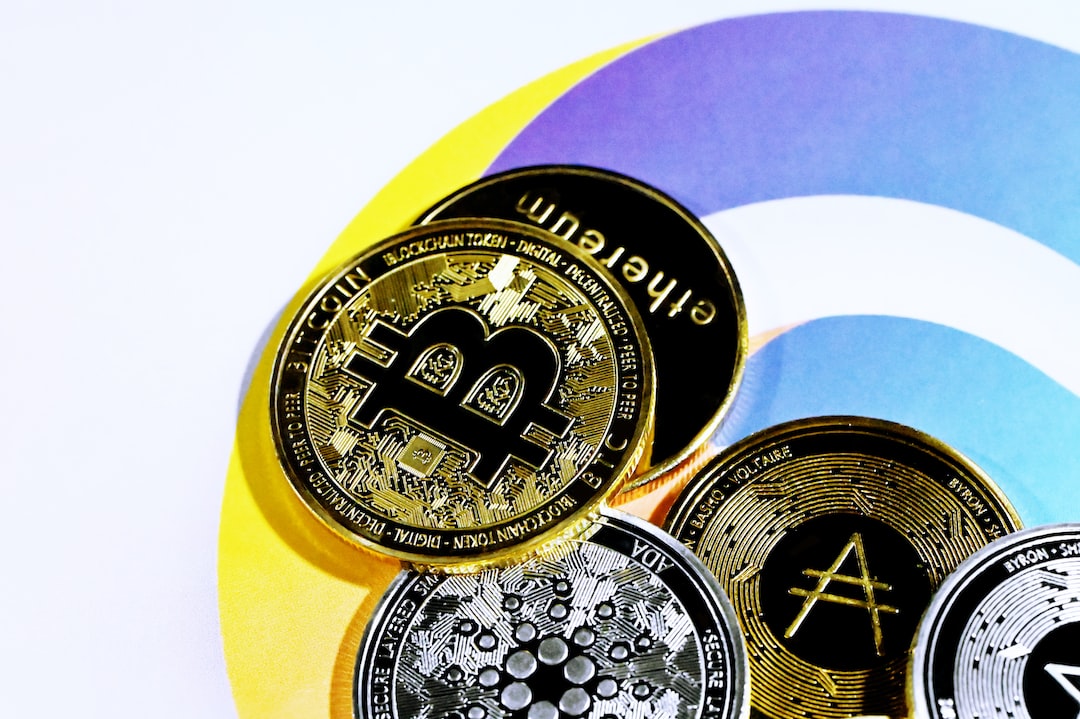The Korea Federation of Banks (KFB) to Require Cryptocurrency Exchanges to Hold Reserves
The Korea Federation of Banks (KFB) plans to implement a new requirement for domestic cryptocurrency exchanges. Starting from September, exchanges with “real-name accounts” will be required to hold reserves ranging from $2.26 million to $15 million. This reserve will act as an emergency fund in case of accidents, such as hacking attacks. Smaller exchanges will have a minimum reserve requirement of $2.26 million, while larger exchanges like Upbit, Korbit, or Bithumb must store at least 30% of their daily average deposits.
Leading Exchanges Complying with the New Law
Some of the leading exchanges in South Korea have already started complying with the new reserve requirement. Upbit, for example, stated that they are preparing to meet the guidelines set by the Korea Federation of Banks. Other exchanges also believe that the obligation will not be a problem for them.
Additional Safety Measures Planned
The KFB also plans to implement additional safety measures, including enhanced know-your-customer (KYC) requirements and authentication for collection transfers. These changes are scheduled to go live from the beginning of 2024.
Increased Scrutiny Following Terra Meltdown
The crash of Terra’s native token, LUNA, and its algorithmic stablecoin, UST, in 2022 has led South Korea’s monetary regulator to pay more attention to the crypto industry. As a result, Korean lawmakers organized a meeting with the country’s largest crypto exchanges to establish rules for listing and delisting cryptocurrencies and provide more protection for consumers.
Hot Take
South Korea’s move to require cryptocurrency exchanges to hold reserves is a step towards strengthening the security and stability of the crypto industry. By implementing these measures, the authorities aim to protect customers and mitigate the risks associated with hacking attacks. However, it remains to be seen how these requirements will impact the operations of smaller exchanges and whether they will be able to comply with the minimum reserve requirement. Overall, this move reflects the increasing scrutiny and regulatory efforts surrounding cryptocurrencies in South Korea.





 By
By
 By
By
 By
By
 By
By

 By
By